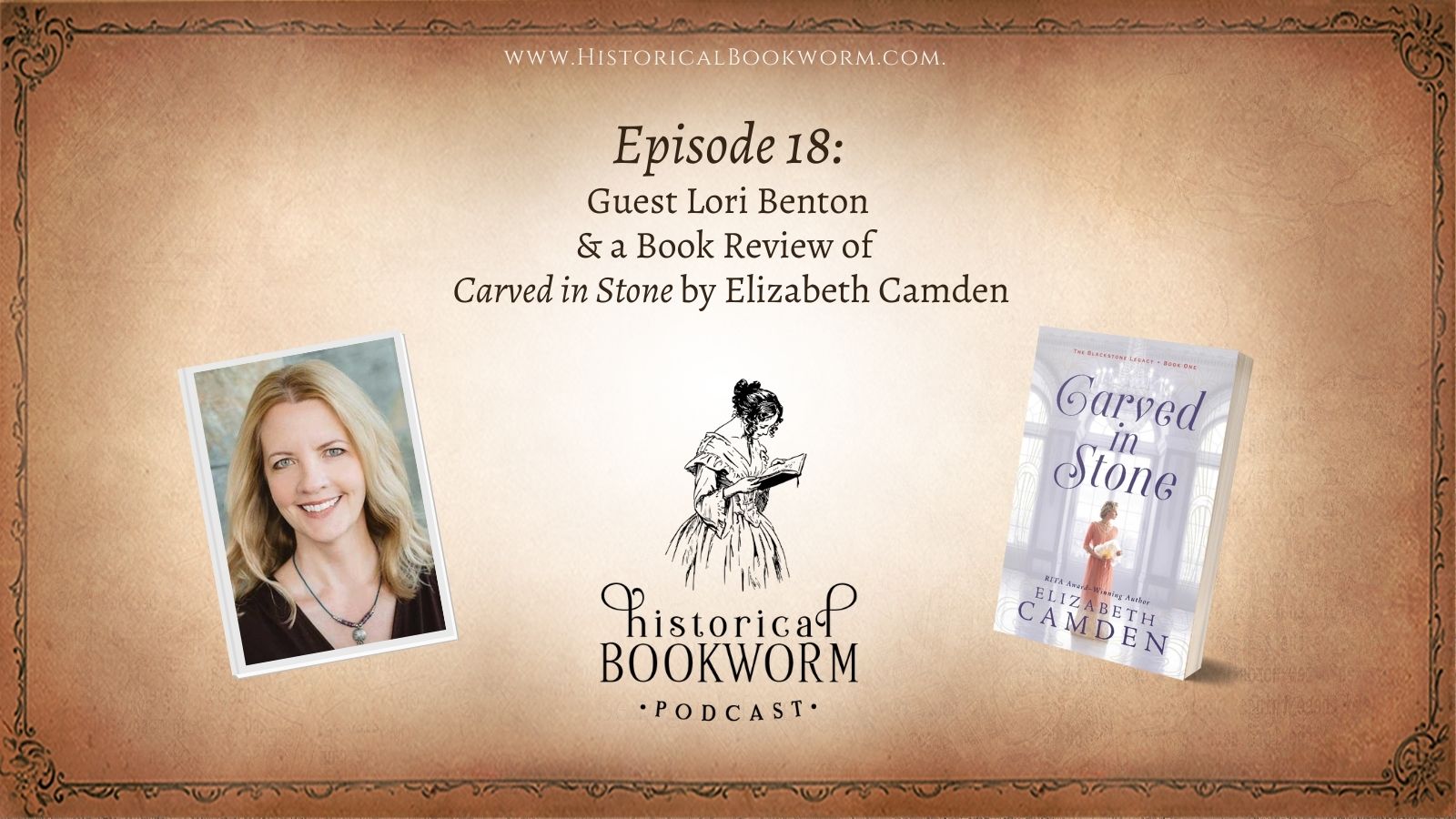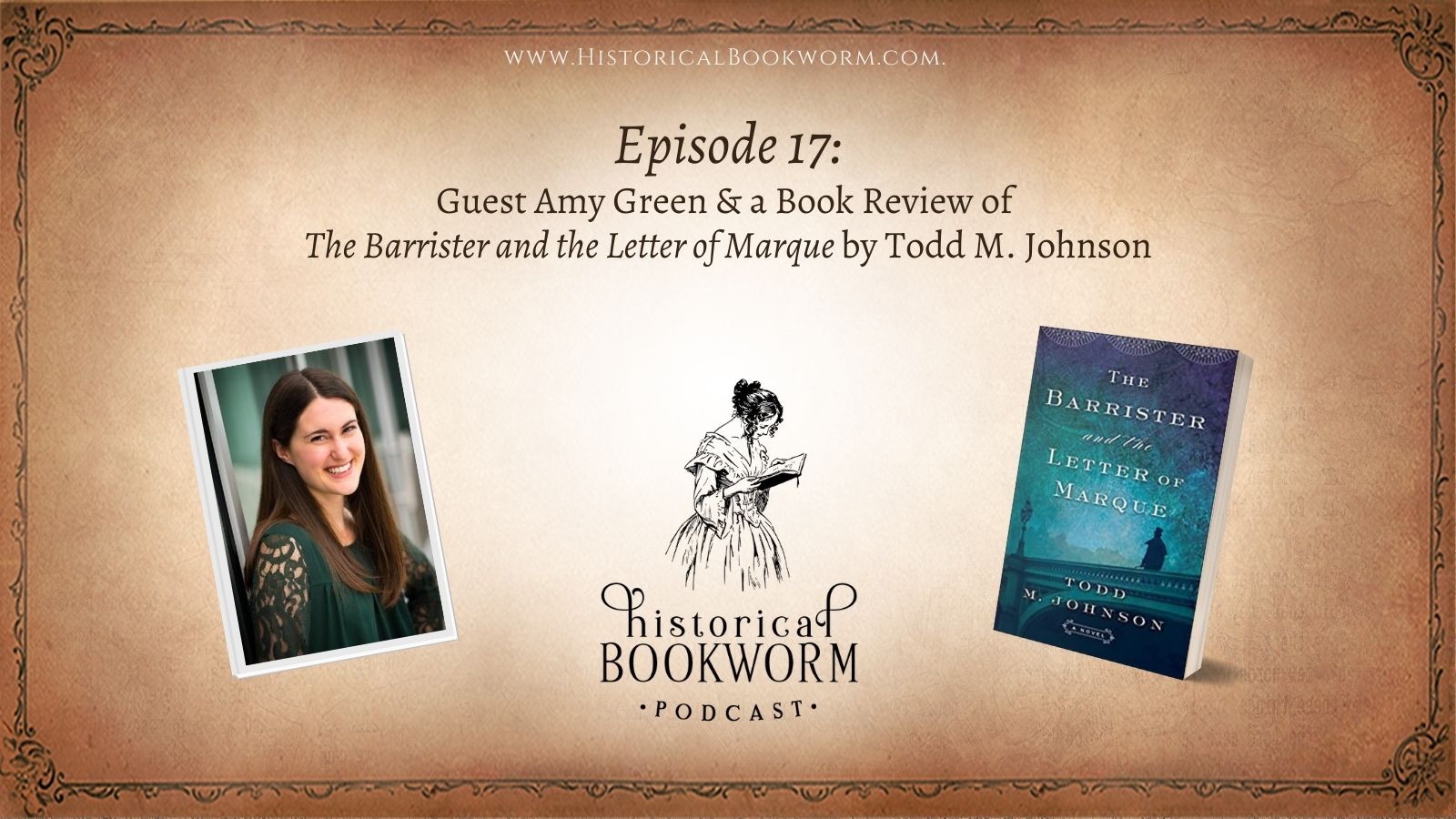I love music–I grew up on good hymns and still enjoy them–so I thought it would be fun to look at a few prolific hymn writers in the past.

Martin Luther, known for his Ninety-Five Theses that started the Reformation, was also the author of over 40 hymns. He published his first hymnal in 1524; it contained 8 hymns, 4 written by Luther. He was passionate about congregational singing in the common language, believing it to be an important part of worship.
In his typical fiery style, he wrote this about music: “Next to the word of God, the noble art of music is the greatest treasure in the world. It controls our hearts, minds and spirits. A person who does not regard music as a marvelous creation of God does not deserve to be called a human being; he should be permitted to hear nothing but the braying of asses and the grunting of hogs!
Here is a verse from his hymn, “A Mighty Fortress.”
“And though this world with devils filled should threaten to undo us,
We will not fear, for God hath willed His truth to triumph through us.
The prince of darkness grim, we tremble not for him;
His rage we can endure, for lo! his doom is sure; one little word shall fell him.”

Isaac Watts, born in 1674, authored some 750 hymns in his lifetime. Known as “The Godfather of English Hymnody,” he began making rhymes as a very small child. As a teen, he wrote hymns for his local church, which outsiders sometimes criticized for being too simple.
In addition to writing original hymns all his life, he was a pastor, theologian, and logician. He also versified some of the Psalms and set them to music. His works were published during his lifetime in the hymnbook, Watts Psalms and Hymns.
There’s a fascinating story about that hymnal. During the American Revolution in 1780, some of the British Hessian forces were turned back at the small village of Springfield. In the fighting, the wife of Reverend James Caldwell was shot in her home. It’s not known if this was intentional, as Reverend Caldwell did have a price on his head at the time. At any rate, the townspeople were infuriated, and when the British returned two weeks later, they met fierce resistance. At the height of the fighting, the Patriots took refuge behind a fence adjacent to Caldwell’s church. They had run out of the paper wadding needed to load their muskets. Reverend Caldwell gathered up copies of Watts Psalms and Hymns, ran out to the soldiers, and tore the pages from the books. He passed out the papers saying, “Put Watts into ‘em, boys! Give ‘em Watts!”
A quote from Isaac Watts’ lovely hymn, “I Sing the Mighty Power of God.”
“I sing the mighty power of God that made the mountains rise,
That spread the flowing seas abroad and built the lofty skies.
I sing the wisdom that ordained the sun to rule the day;
The moon shines forth at His command, and all the stars obey.”
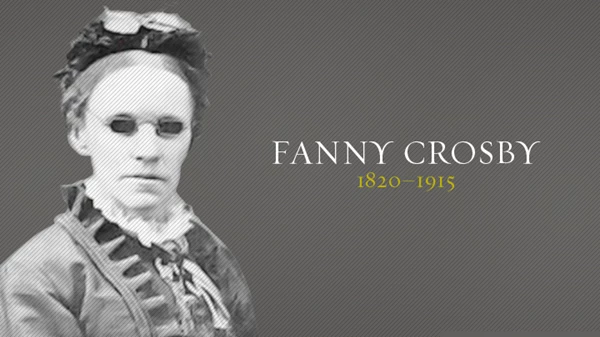
Fanny Crosby, born in 1820, wrote almost 9000 hymns. She published under many pen names (possibly as many as two hundred), partly because her publishers didn’t want people to know how many of her hymns they included in their collections.
Fanny never had an entire volume devoted to her hymns. She and her husband Alexander van Alstyne submitted a volume, but the publishers rejected it saying they didn’t think only two contributors made for a marketable hymnbook. Some think the complexity of the melodies was the true deterrent.
In addition to the hymn writing she is so well-known for, Fanny also taught at the New York Institute for the Blind, lobbied for government support of education for the blind, and wrote many patriotic songs.
From her hymn, “All the Way My Savior Leads Me”:
“All the way my Savior leads me–what have I to ask beside?
Can I doubt His tender mercy, Who through life has been my guide?
Heavenly peace, divinest comfort, here by faith in Him to dwell!
For I know, whate’er befall me, Jesus doeth all things well.”
I hope you have enjoyed this peek at the lives of three hymn writers of the past. I find some of these old hymns so encouraging. Below are our favorites.
https://www.youtube.com/watch?v=Au3otElq6D4https://www.youtube.com/watch?v=o3ofkPLroRA
Darcy’s favorites.
https://www.youtube.com/watch?v=1g26dbNJYJI&t=28shttps://www.youtube.com/watch?v=g3w9nvXuVnk
KyLee’s favorites
Do you have a favorite hymn?
What makes this hymn special to you?
This Pinch was originally shared in episode 16.
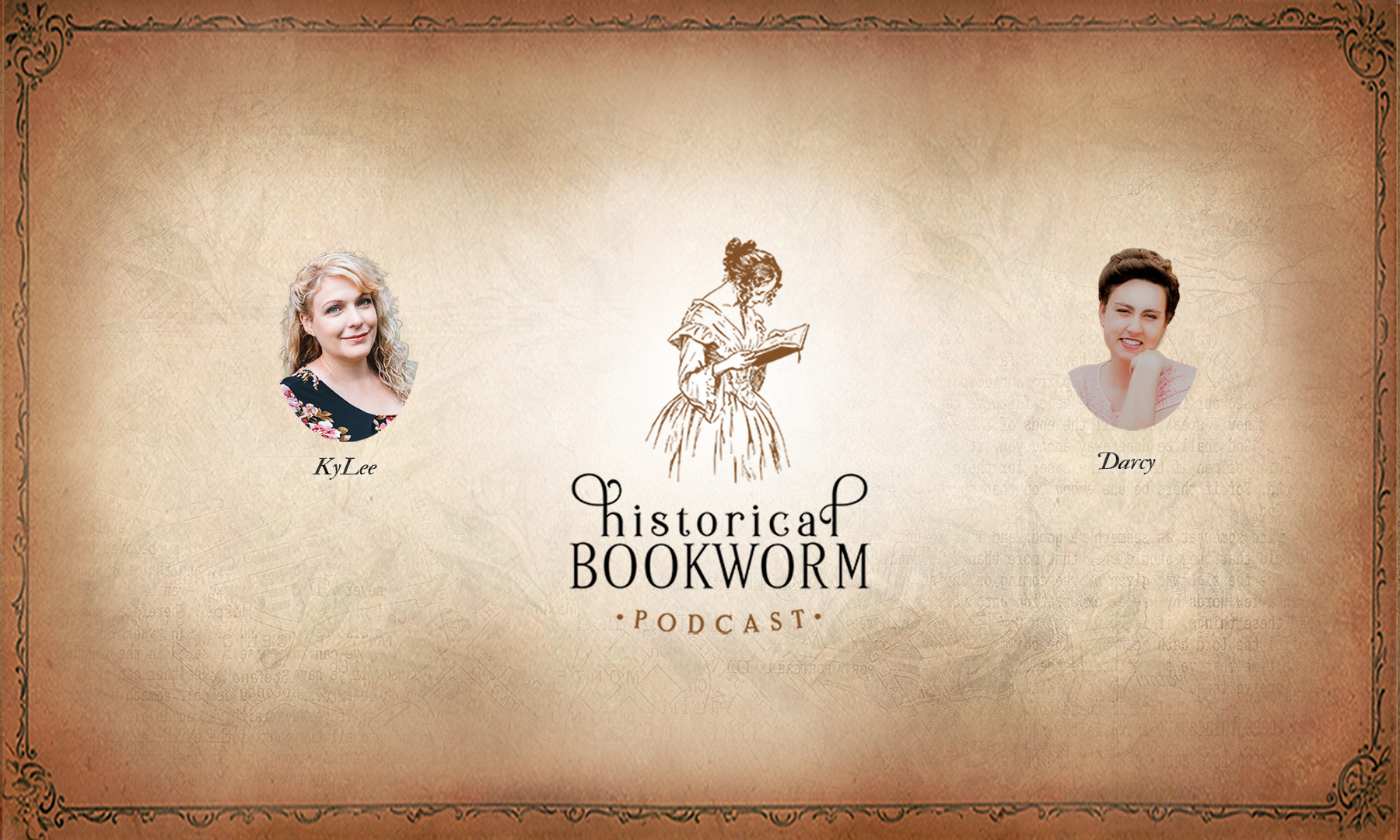
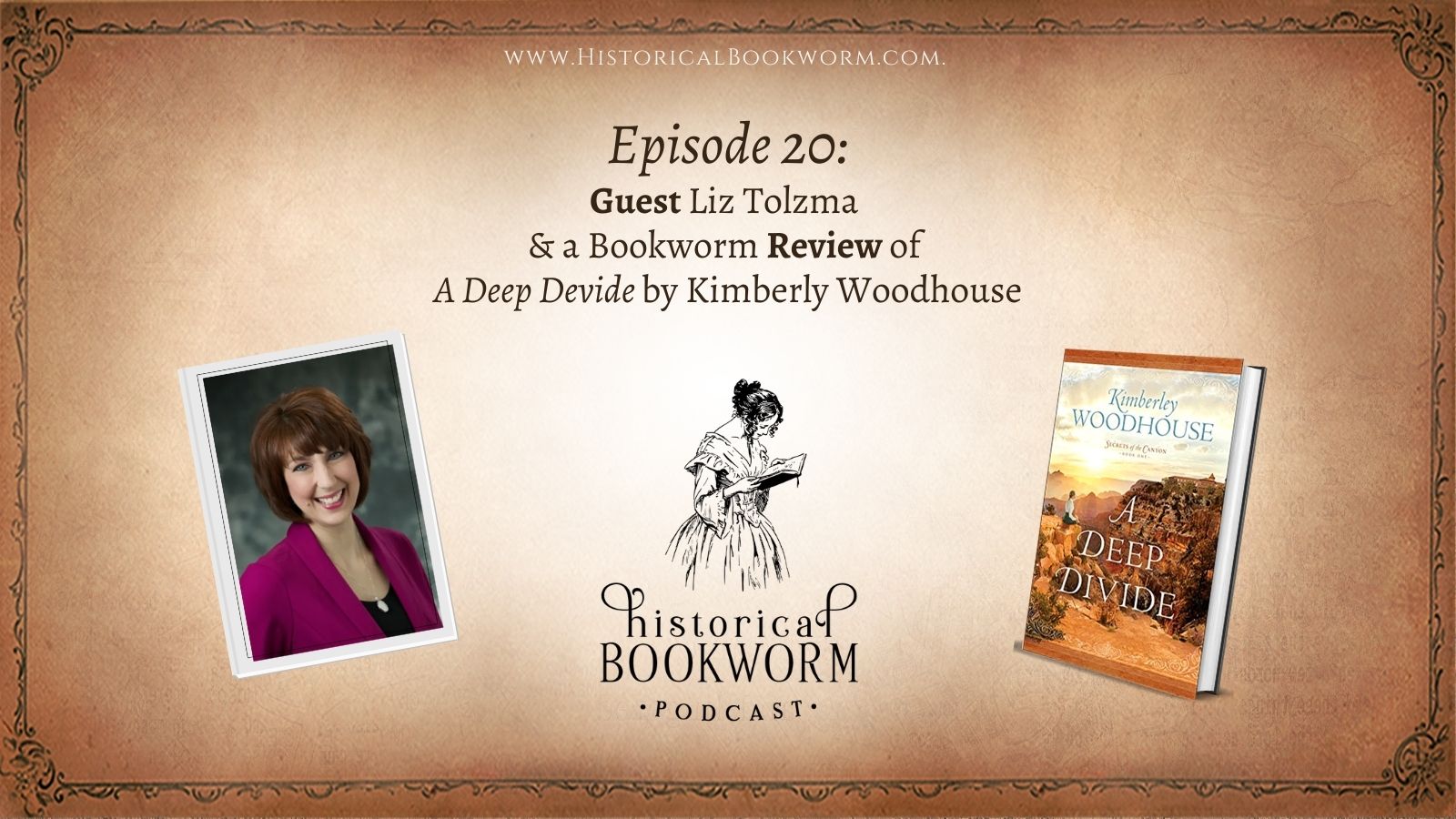
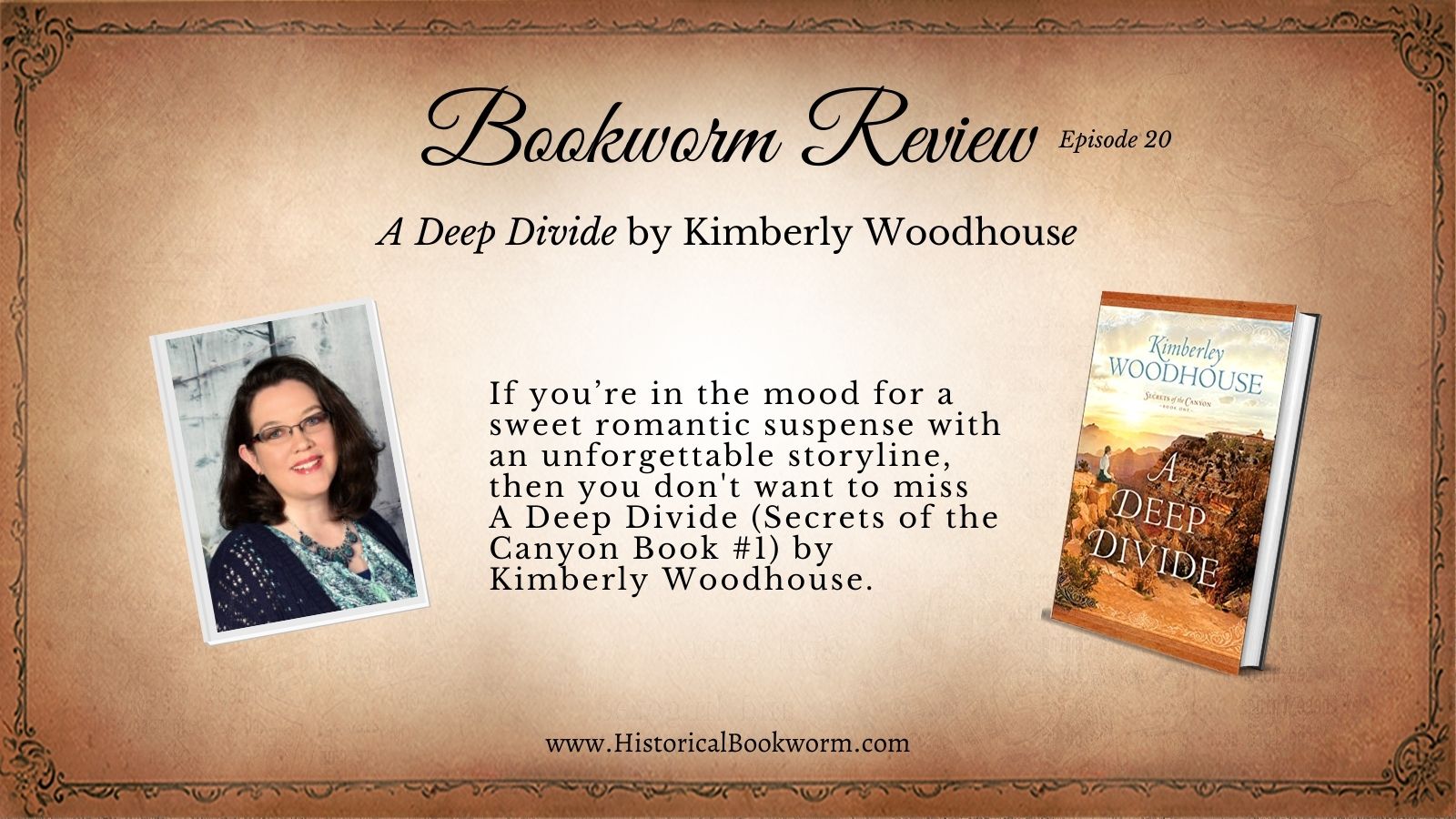
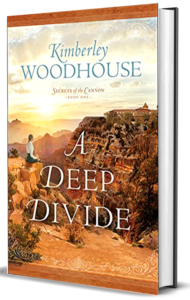


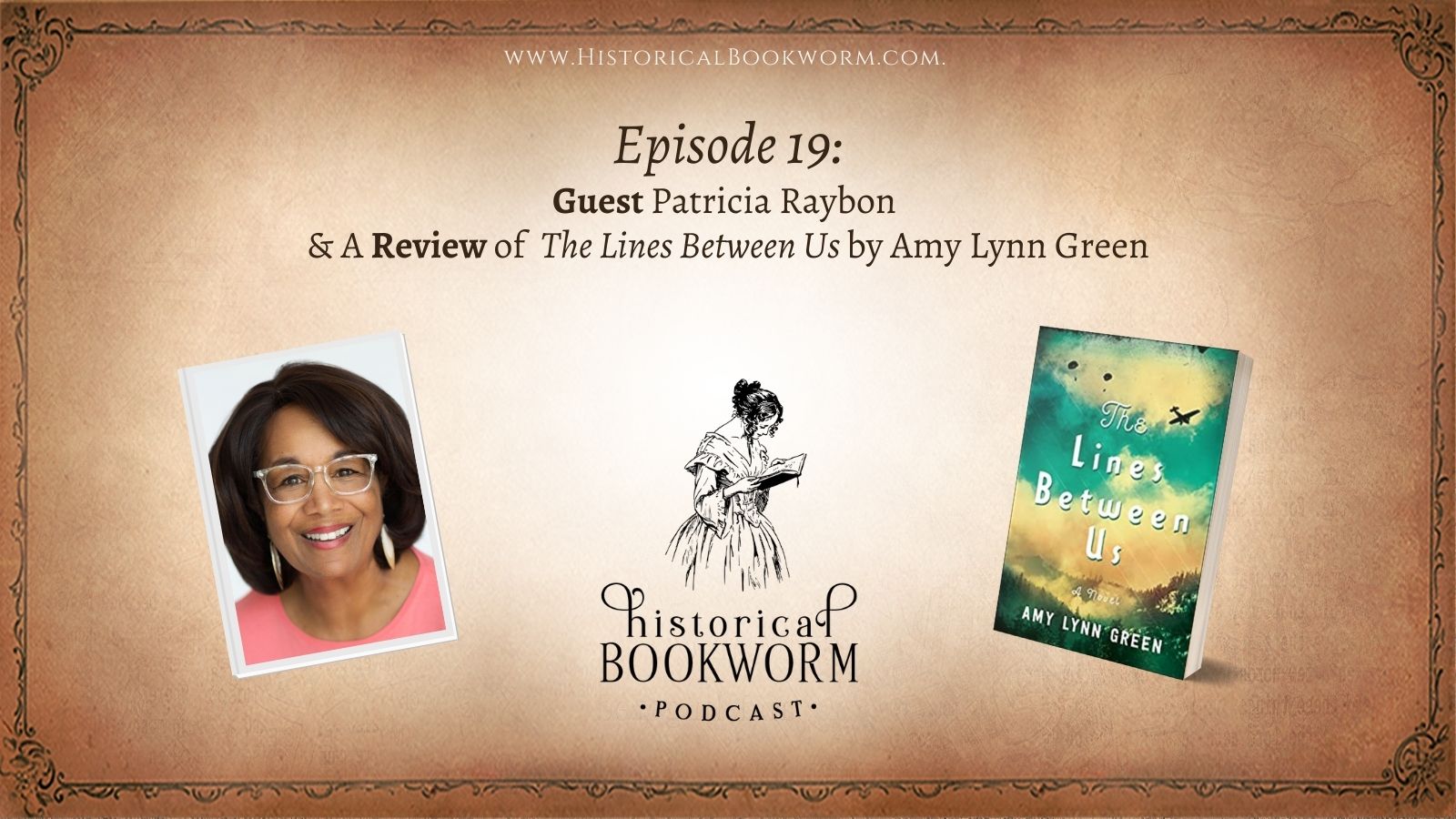
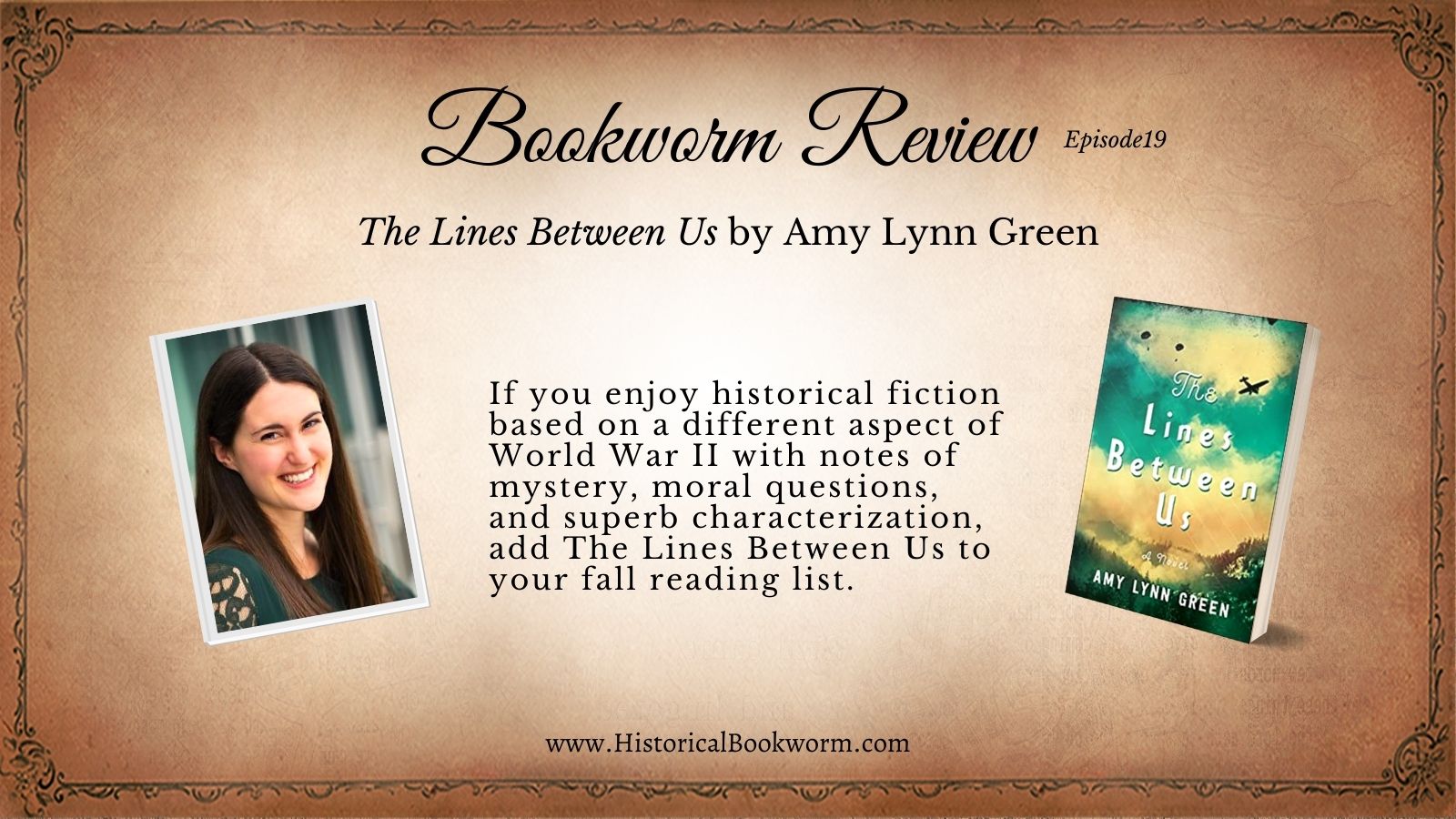
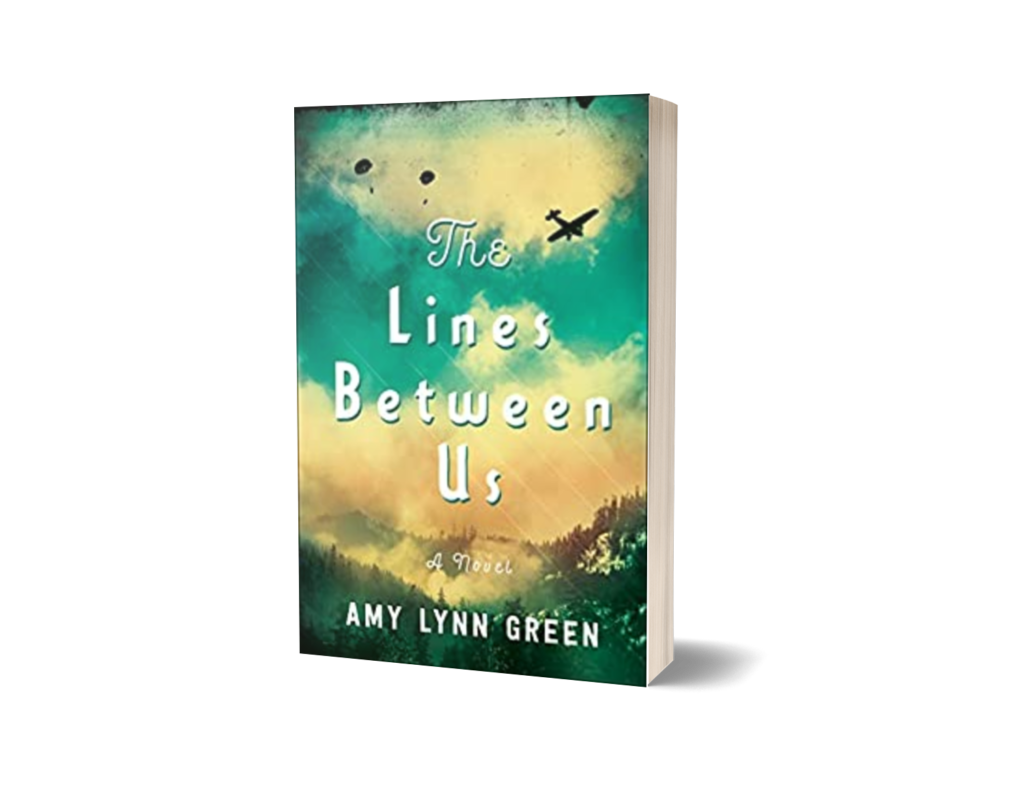


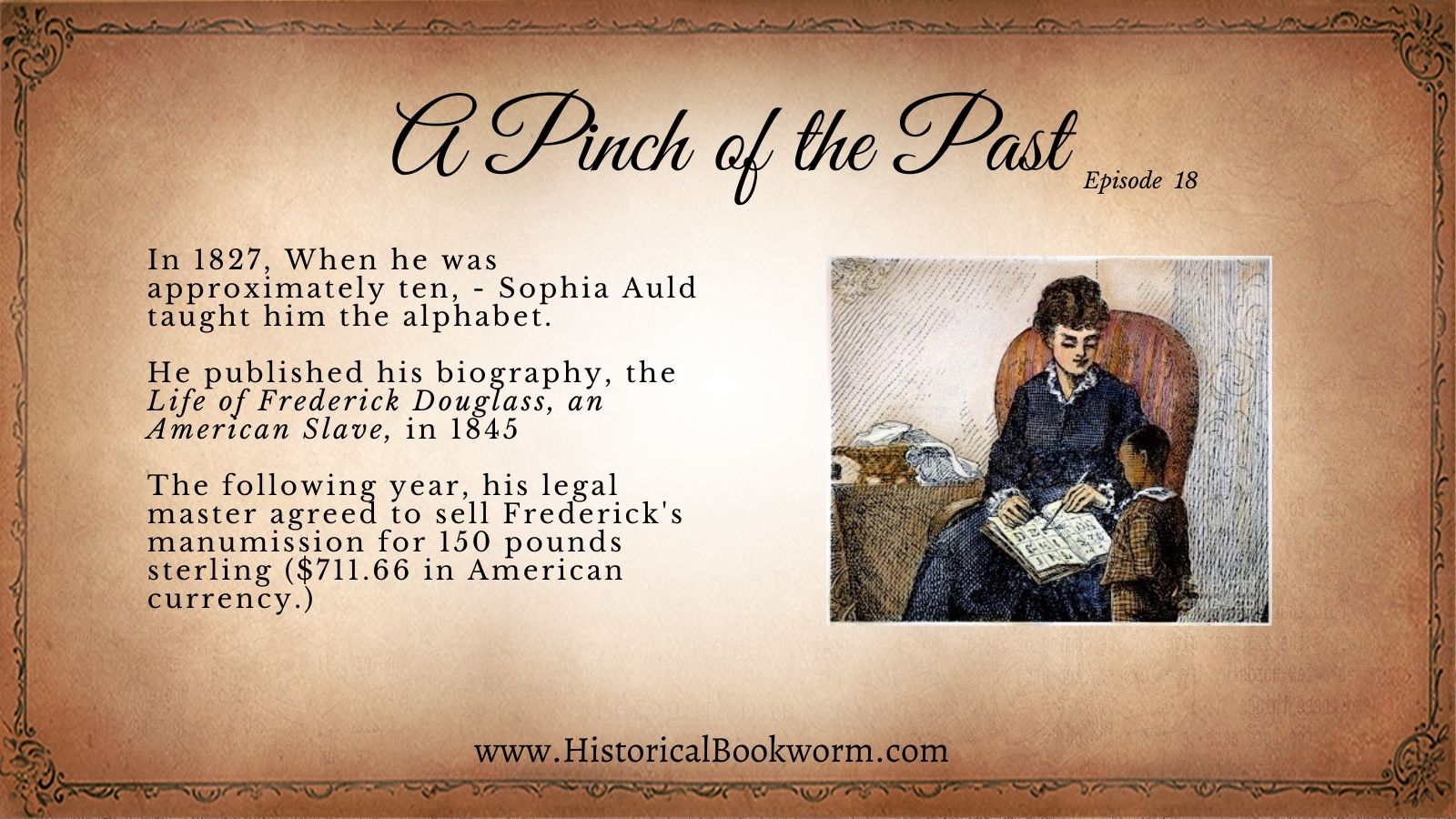
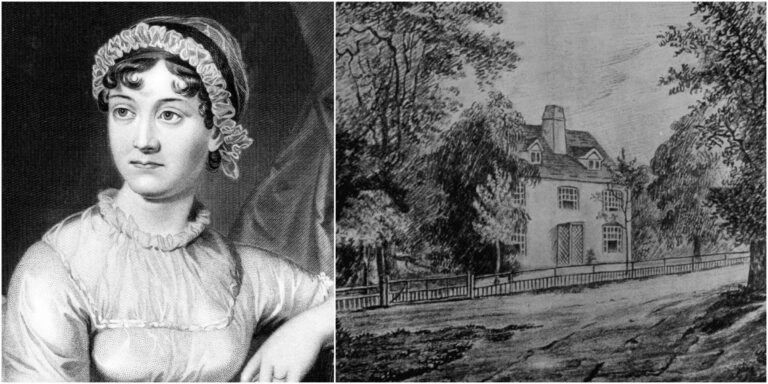
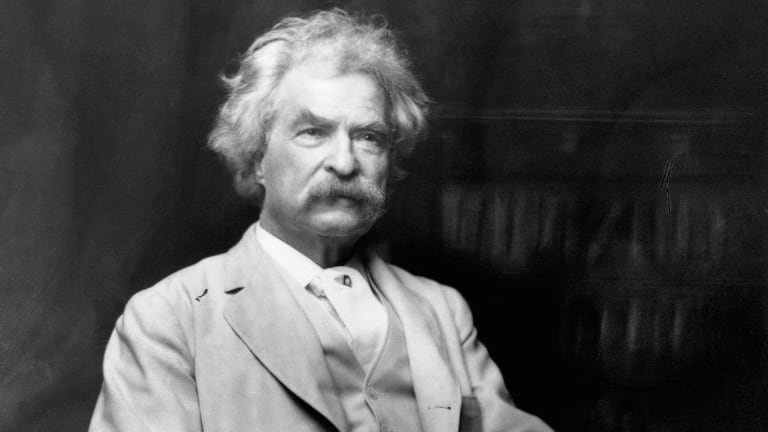
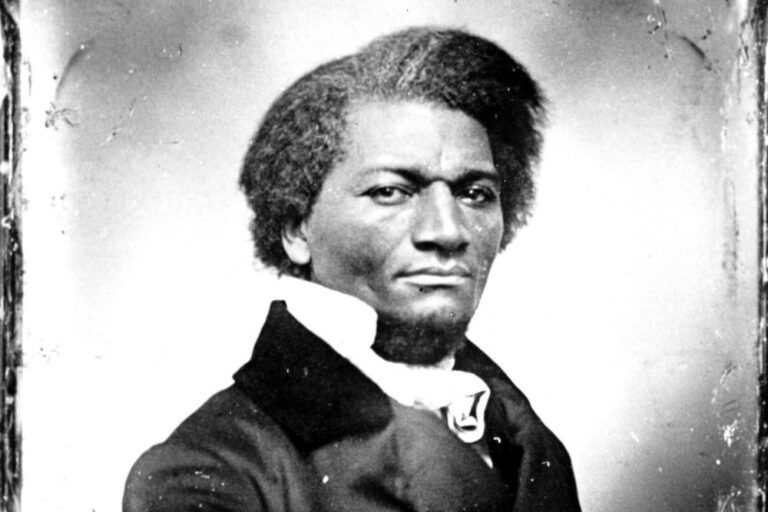
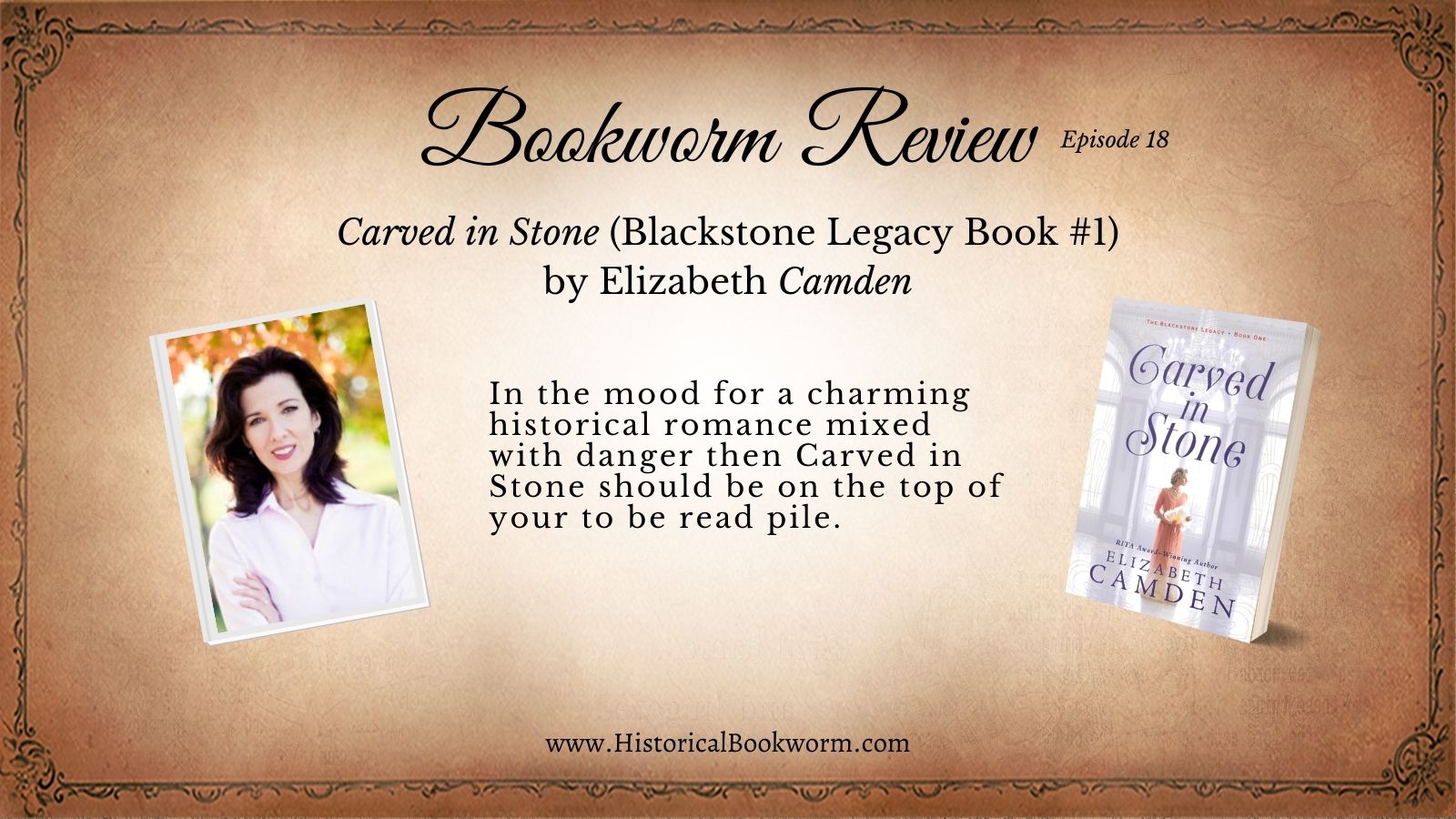
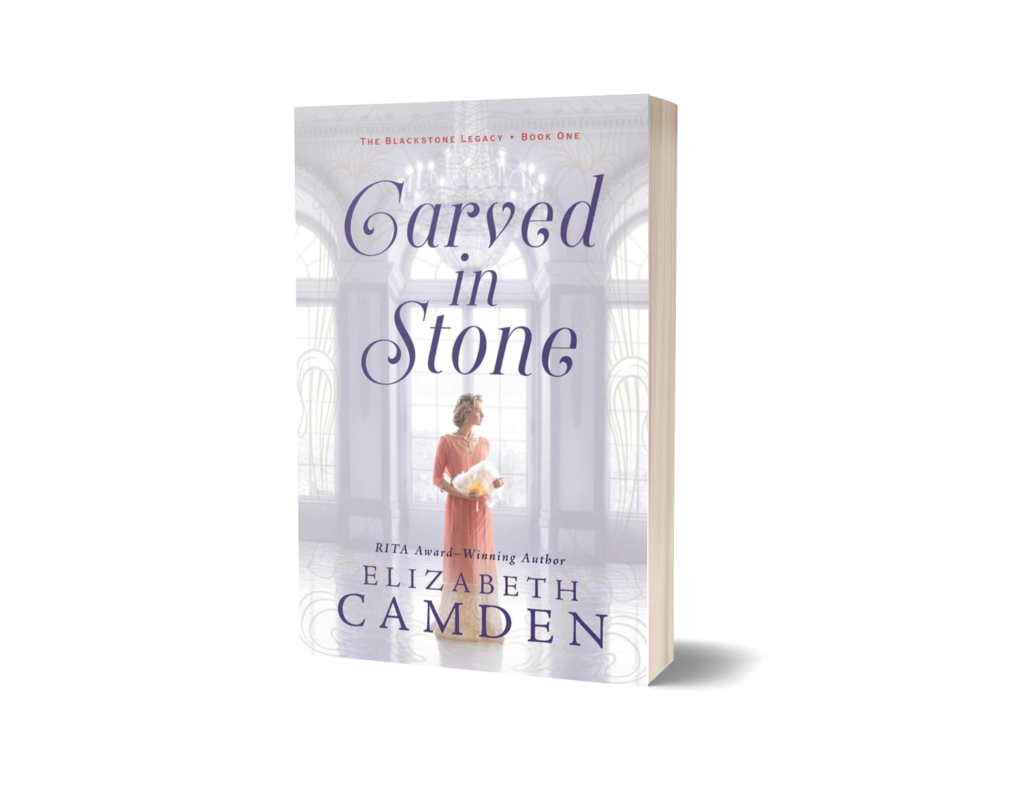
 Elizabeth Camden
Elizabeth Camden


